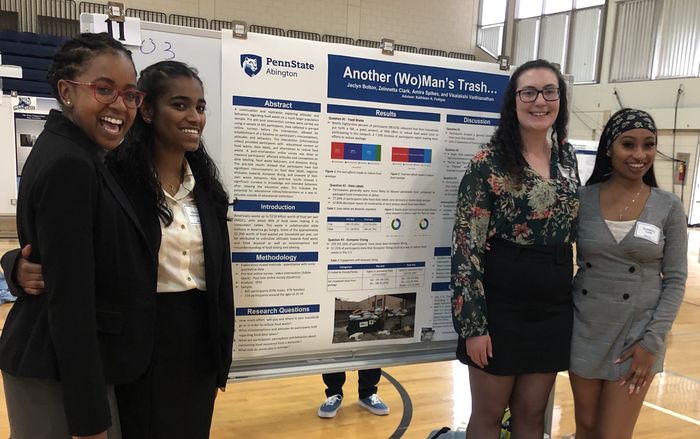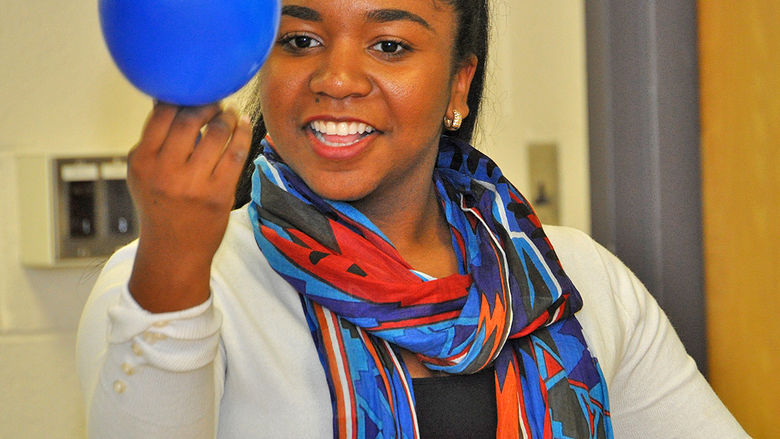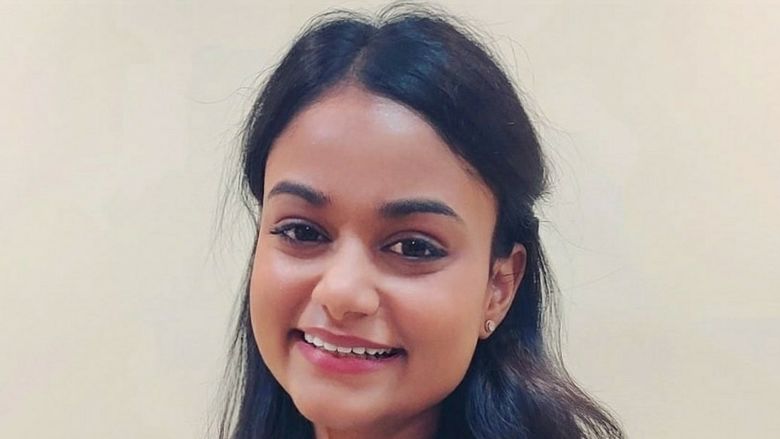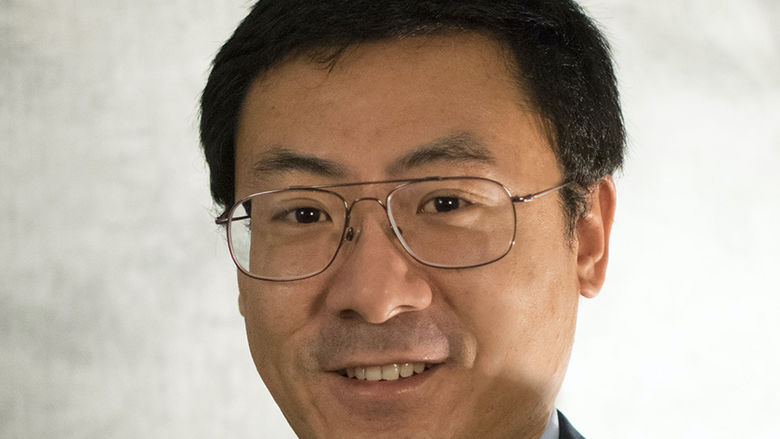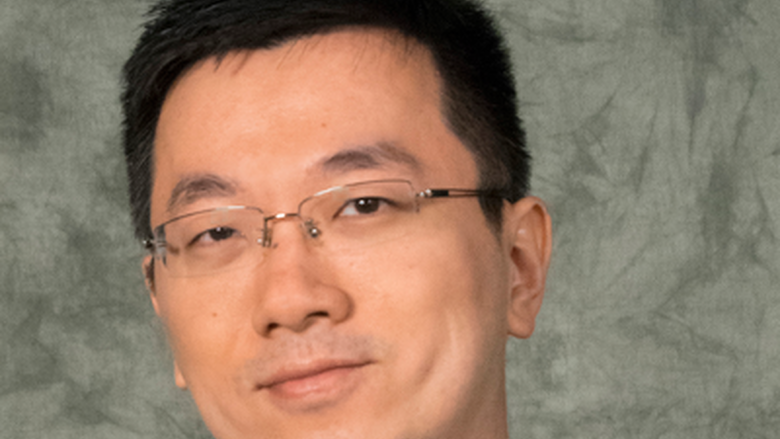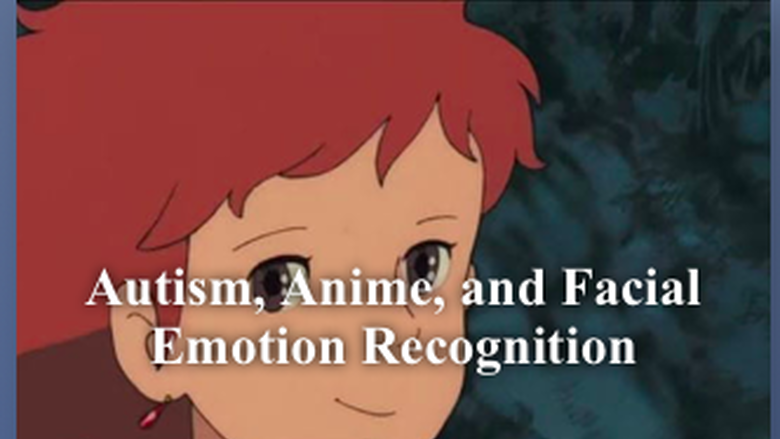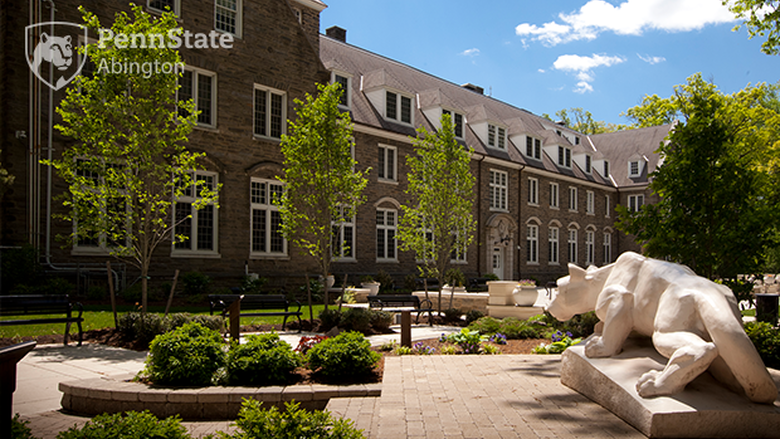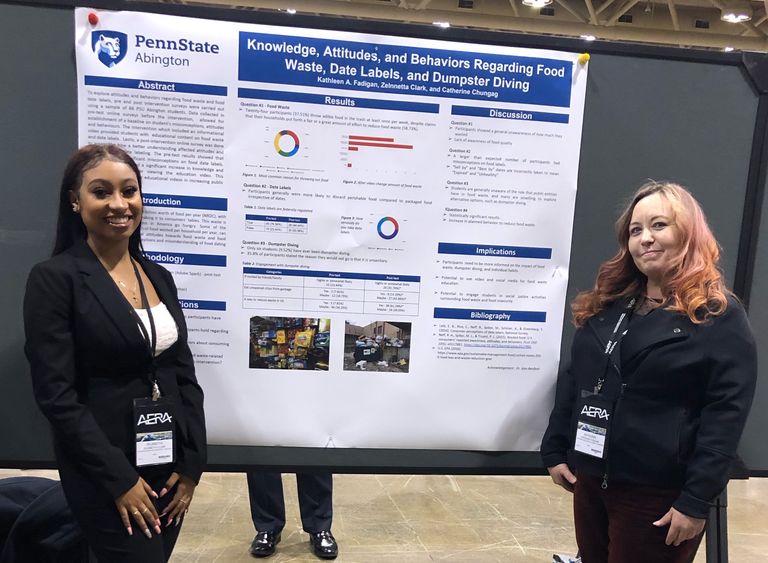
Penn State Abington senior Zelnnetta Clark and Kathy Fadigan, assistant professor of science education, presented their research at the American Educational Research Association conference in Toronto, in April 2019.
ABINGTON, Pa. — A Penn State Abington student and a faculty member traveled to Toronto to present their research on food waste and dumpster diving at the recent American Educational Research Association (AERA) conference, held April 5-9 in Toronto, Canada.
Senior Zelnnetta Clark and Assistant Professor of Science Education Kathleen Fadigan said their project, "Knowledge, Attitudes, and Behavior Regarding Food Waste, Date Labels, and Dumpster Diving: An Exploratory Study," received an enthusiastic response at a poster session open to more than 20,000 people.
“It was quite an honor to speak with so many scholars who are on a mission to transform society and the way that we think,” Clark, a Psychological and Social Sciences major, said. “The professionals we interacted with really admired the work that Dr. Fadigan and I are doing.”
Clark said the goal of this undergraduate research project is to bring awareness and change attitudes toward food waste, date labels, and dumpster diving.
As a baseline, they wanted to understand food waste behaviors, how much effort people exert to reduce food waste, and why people waste food.
“We thought many people may waste food because of food date labels. If something is past the expiration, sell by, best by date, many people tend to automatically throw it out. But what do these food date labels even mean?” Clark said. “Thus, we decided we wanted to understand what knowledge people had about date labels — most of which were misconceptions.”
“This project suggests that a simple video might help educate people on this issue and as a result decrease the amount of food that is wasted in our country.”
— Kathleen Fadigan, assistant professor of science education, Penn State Abington
Finally, the researchers wanted to know what participants knew about dumpster diving, what stigmas they had toward the practice, and if they would use dumpster diving as an alternative to reduce wasteful behaviors and save money.
“We ran a pre-test survey for initial attitudes and knowledge, followed by a four-minute, homemade educational video that would serve as an intervention to educate individuals. After the video, we used a post-test survey to measure any shifts in attitudes/knowledge after the intervention,” Clark said.
“Our results showed that in every aspect — food waste efforts, date labels, and dumpster diving — attitudes had shifted towards positive sustainable efforts that our video was promoting. Therefore, our 4-minute homemade video had changed the once-negative attitudes of our participants," Clark added.
Although the research is in the exploratory phase, Fadigan said, it confirms that people have gross misconceptions that negatively impact the environment.
“These misconceptions contribute to a massive problem of edible food being trashed and sent to landfills, thus contributing to climate change,” she said. “This project suggests that a simple three- to four-minute video might help educate people on this issue and as a result decrease the amount of food that is wasted in our country.”
According to Fadigan, it is an accomplishment for students to earn a place to present their findings at conferences like AERA, the premiere international gathering for educational research.
“It is a great experience for undergraduate students to have their research go through the rigorous peer review process and be accepted at an international conference,” she said. “In traditional classroom settings, students do not always see the importance of communicating research results to a broader audience. Sharing the project details with other researchers during the conference presentation reinforced that this is unique and important work that cuts across many disciplines.”
“Additionally, attending other sessions during the conference allowed Zelnnetta to explore new perspectives on trauma, race, and social justice as pertaining to educational outcomes.”
“Research allows you to discover the world's mysteries on your own. Let your passions guide you to the eighth world wonder!”
— Zelnnetta Clark, Penn State Abington senior
Clark, a first-generation college student, wants all college students to become involved in research.
“Whatever you're passionate about, find gaps in the literature and generate answers to these gaps by conducting your own study. There is money out there as well to assist you in research. I cannot stress this enough: Apply for grants, join ACURA, work with faculty," said Clark.
Presenting at the conference helped Clark conquer her fear of public speaking, and she learned how to efficiently use statistics software while polishing her professionalism and her craft.
“Doing research allows you to discover the world's mysteries on your own," she said. "Let your passions guide you to the eighth world wonder!”
About Penn State Abington
Penn State Abington provides an affordable, accessible and high-impact education, resulting in the success of a diverse student body. It is committed to student success through innovative approaches to 21st-century public higher education within a world-class research university. With nearly 4,000 students, Penn State Abington is a residential campus that offers baccalaureate degrees in 19 majors, undergraduate research, the Schreyer honors program, NCAA Division III athletics and more.
